Explorando con cuidado: Una narración de cautela
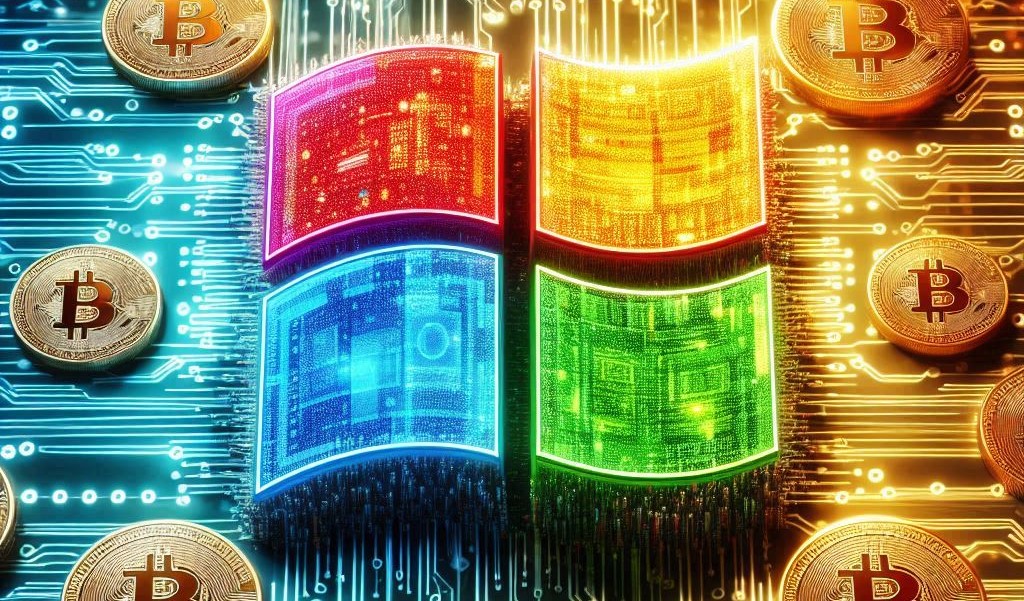
Microsoft recently made a presentation to the Securities and Exchange Commission (SEC) proposing that the company is considering buying bitcoin. However, what people may not know is that the company’s history with the cryptocurrency started relatively early, in 2014.
Despite companies like PayPal or Dell having already done so, Microsoft was a pioneer in taking a bold decision for its time, and what would now seem less daring and more normal: accepting payments with bitcoin.
Bitcoin as a Payment Method at the Microsoft Store
The cryptocurrency was enabled in December 2014 in the United States as a means to add funds to accounts, which could then be spent on a variety of Microsoft services.
For example, purchasing video games and videos on Xbox consoles, adding apps and services, or buying Microsoft software. Account funding could be done in fixed amounts of $10, $15, $25, $50, $75, and $100.
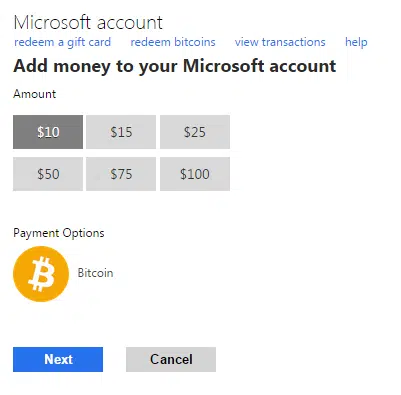

In 2018, according to other media sources and user testimonies on Microsoft forums, the company still accepted bitcoin as a payment method in its official service store. However, the payment method had experienced interruptions and been temporarily discontinued at least twice, in 2015 and 2016.
The reason for its suspension? The volatility of the bitcoin price, according to bleepingcomputer. Microsoft’s tolerance for Bitcoin’s volatility may have been exceeded on several occasions, considering that the asset was younger and more volatile back then.
This volatility could have led to realized losses, perhaps casting the first shadow of suspicion on the crypto asset.
Even in 2019, Microsoft accepted bitcoin payments in its official store, as evidenced by this post from a user on the company’s forum. Around that time, Microsoft had definitively discontinued the use of bitcoin to purchase digital services and products.
Microsoft and Bitcoin Didn’t Quite Understand Each Other
In 2024, Microsoft does not accept any form of payment with bitcoin or cryptocurrencies. In fact, it recommends using traditional payment methods to access its services.
At this time, Microsoft Store does not accept cryptocurrencies as a direct payment method to purchase products and services. We recommend that you use traditional payment methods such as credit cards.
Zoro, Microsoft forum moderator
A look at the enabled payment methods for the United States clearly shows that bitcoin is not included:
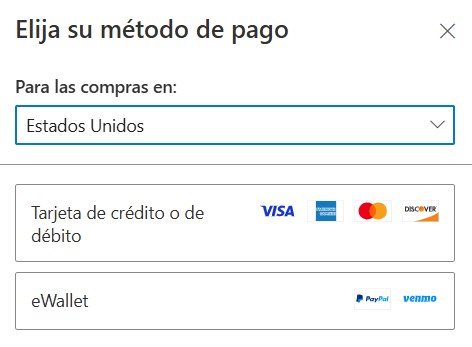
The emphasis on “traditional payments” is not accidental. Microsoft may be distancing itself from Bitcoin due to its pseudo-anonymity, disruptive nature, and compliance concerns initially expressed by Bill Gates.
Although Microsoft no longer accepts cryptocurrency payments, there are workarounds to purchase their products using crypto assets. For example, using bitcoin or other virtual currencies to buy gift cards that can be redeemed in the company’s services.
Despite its early adoption and current interest in reconnecting with Bitcoin, Microsoft has gradually moved away from the cryptocurrency, no longer allowing it as a payment method.
Microsoft was never fully committed to the adoption of BTC as a payment method. From the beginning, it was restricted to only paying for a few services.
Start YOUR Business with Blockchain: Microsoft Only Provides Resources
One branch of Microsoft, Azure, did engage more seriously with Bitcoin technology, albeit from a platform, infrastructure, and Software as a Service (SaaS) perspective for institutional customers.
Microsoft saw an opportunity with Azure to offer services to those wanting to venture into using Bitcoin technology. They did so with caution, avoiding direct consumer involvement in the cryptocurrency ecosystem.
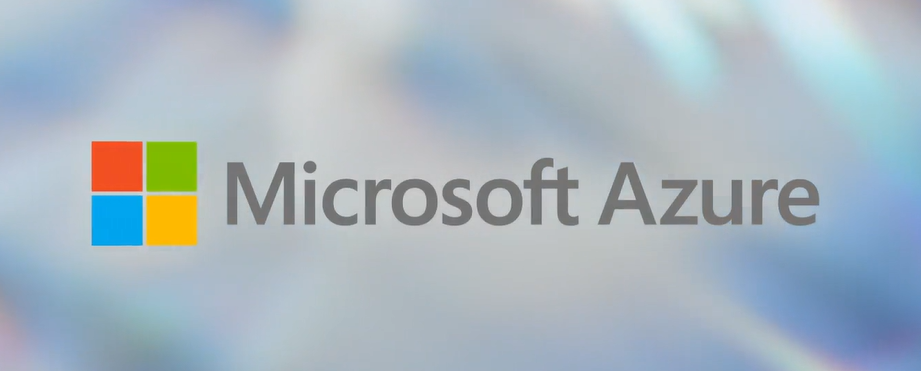
Azure is a cloud service platform. It offers a “fully managed blockchain service that simplifies the formation, management, and governance of consortium blockchain networks so that companies can focus on workflow logic and application development,” according to the company’s enterprise branch website.
Azure Blockchain Service partnered with J.P. Morgan, the largest bank in the United States, making the enterprise blockchain network called Quorum available in its services.
Microsoft also ventured into other projects involving Bitcoin technology, but never with a focus on the cryptocurrency itself, but rather on applications using its blockchain.
Microsoft developed a platform for a decentralized identification system (DID), called “Identity Overlay Network” (ION). It is built on the Bitcoin network as a second layer and is capable of supporting “thousands of decentralized identification operations per second across the network.”
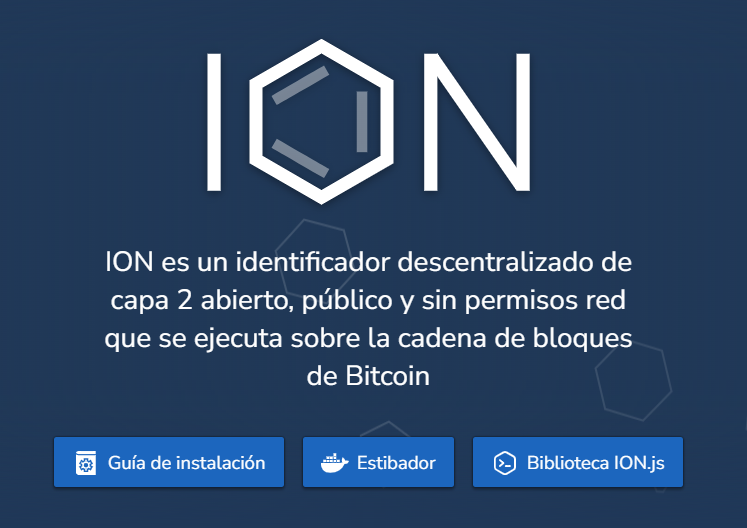
Microsoft: From Timid to Bold in a Few Days
The initiative to create a human identification network on Bitcoin, coupled with the historic reservation towards the cryptocurrency, could unveil one of the keys to Microsoft’s distancing. This concern, recently expressed by Bill Gates, has to do with the pseudo-anonymity of Bitcoin




